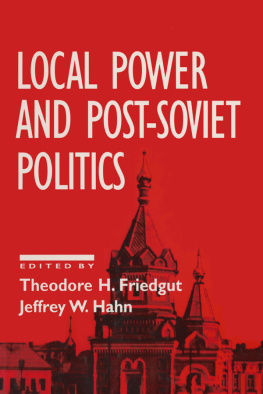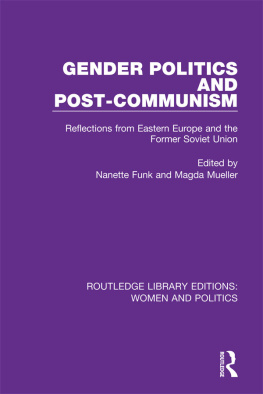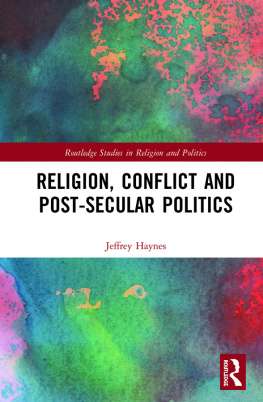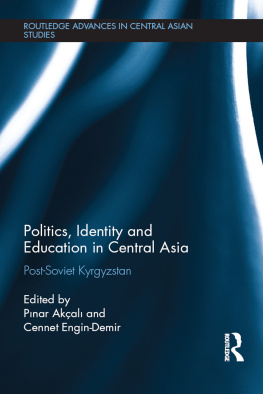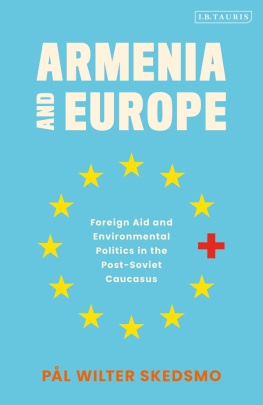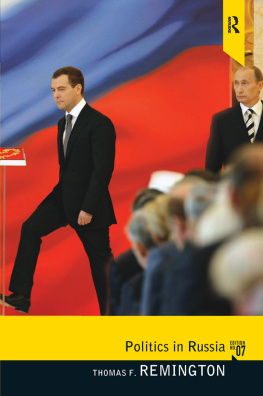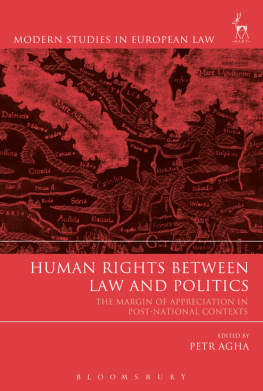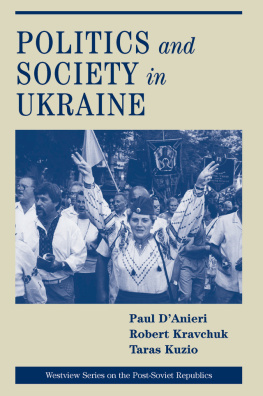Politics with a Human Face
Politics with a Human Face presents a holistic understanding of identity formation in post-Soviet Europe, arguing that since politics is fundamentally a human affair, in order to adequately understand it, one needs to understand its human side first.
Drawing on the thought of Dilthey, Ricoeur and Plato, the author employs empathy as a method, together with visual and historical analysis, to analyse the role of human experience in post-Soviet politics. As a result, the book offers a theoretical approach for assessing the influence of non-rationalistic factors, such as associative symbolism, human experience, political images and historical narratives, in both domestic and foreign affairs.
A study at the juncture of Social Sciences and Humanities, Politics with a Human Face explores a number of cases, including Estonia, Lithuania, Poland and Russia, as well as the ongoing conflict in Ukraine, examining issues of liminal transition, far-right movements, victimhood, ethnic conflict and political paradoxes. Seeking to shed light on the regions agency and perception of both its own political and existential situation, and that of the surrounding world, this book constitutes a timely and original contribution to understanding post-Soviet Europe.
Arvydas Griinas is a researcher at Kaunas University of Technology, Lithuania.
Contemporary Liminality
Series editors:
Arpad Szakolczai, University College Cork, Ireland
Series advisory board:
Agnes Horvath, University College Cork, Ireland Bjrn Thomassen, Roskilde University, Denmark Harald Wydra, University of Cambridge, UK
This series constitutes a forum for works that make use of concepts such as imitation, trickster or schismogenesis, but which chiefly deploy the notion of liminality, as the basis of a new, anthropologically-focused paradigm in social theory. With its versatility and range of possible uses rivalling and even going beyond mainstream concepts such as system structure or institution, liminality is increasingly considered a new master concept that promises to spark a renewal in social thought.
In spite of the fact that charges of Eurocentrism or even moderno-centrismare widely discussed in sociology and anthropology, it remains the case that most theoretical tools in the social sciences continue to rely on taken-for-granted approaches developed from within the modern Western intellectual tradition, whilst concepts developed on the basis of extensive anthropological evidence and which challenged commonplaces of modernist thinking, have been either marginalised and ignored, or trivialised. By challenging the assumed neo-Kantian and neo-Hegelian foundations of modern social theory, and by helping to shed new light on the fundamental ideas of major figures in social theory, such as Nietzsche, Dilthey, Weber, Elias, Voegelin, Foucault and Koselleck, whilst also establishing connections between the perspectives gained through modern social and cultural anthropology and the central concerns of classical philosophical anthropology Contemporary Liminality offers a new direction in social thought.
For a full list of titles in this series, please visit https://www.routledge.com/sociology/series/ASHSER1435
Titles in this series
5. Politics with a Human Face
Identity and Experience in Post-Soviet Europe
Arvydas Griinas
6. The Rise of Consumer Capitalism, 18801930
Cesare Silla
Politics with a Human Face
Identity and Experience in Post-Soviet Europe
Arvydas Griinas

First published 2018
by Routledge
2 Park Square, Milton Park, Abingdon, Oxon, OX14 4RN
and by Routledge
711 Third Avenue, New York, NY 10017
Routledge is an imprint of the Taylor & Francis Group, an informa business
2018 Arvydas Griinas
The right of Arvydas Griinas to be identified as author of this work has been asserted by him in accordance with sections 77 and 78 of the Copyright, Designs and Patents Act 1988.
All rights reserved. No part of this book may be reprinted or reproduced or utilised in any form or by any electronic, mechanical, or other means, now known or hereafter invented, including photocopying and recording, or in any information storage or retrieval system, without permission in writing from the publishers.
Trademark notice: Product or corporate names may be trademarks or registered trademarks, and are used only for identification and explanation without intent to infringe.
British Library Cataloguing in Publication Data
A catalogue record for this book is available from the British Library
Library of Congress Cataloging in Publication Data
A catalog record for this title has been requested
ISBN: 978-1-138-24219-7 (hbk)
ISBN: 978-1-315-27897-1 (ebk)
Talking about the influence of human experience, imagination and identity on politics is both difficult and easy. Difficult, because this political reality is hard to capture, to pinpoint, to prove. Easy, because it is at the same time quite evident, even obvious. Either way, without engaging with these themes, without understanding them, we will not fully grasp the post-Soviet epoch. I was born in 1987, and therefore am a part of the first generation that has been raised in the independent Lithuania. This therefore makes me a product, a witness, a participant and a part of the fluid, controversial and heterogeneous, the coloured-but-greyish post-Soviet reality. Since my childhood I have been living in the environment that is a direct result of post-Soviet politics. The experience of ambiguity, uncertainty, fluidity and relativity of the factual, the lack of authentic and true merged into the rich experiential and political fabric of the region and the epoch. It was exactly such experience that defined the spirit of my childhood years. After the fall of the Berlin Wall, a massive wave of Western culture poured into Russia and other post-Soviet countries.
I remember slumberous, dusty, grey Soviet bloc buildings of (approximately) 19911996, blossoming with satellite antennas, day by day, one by one popping out of neighbours balconies. They were catching Western BBC news, MTV, Arnold Schwarzenegger films and erotic channels. I also remember mostly workers kids spitting sunflower seeds, sitting on the pavement curb, probably just as their parents had, and waiting for some other kids from another courtyard to step into theirs, so that they could chase them down and beat them up. They did nothing to me, though. I knew them, and I was from their courtyard, I was svoy from them I learned Russian. And I saw first hand how the new political and social reality was forming. The multiplicity of various cultural influences from the East that suddenly flooded the post-Soviet world, along with the new strong influx of Western culture, was what was shaping the unstable political situation as well as the everyday lives of people like me.
Lithuania was the first post-Soviet country to claim independence. Almost one year after Lithuanias independence declaration, however, on 13 January 1991, the coercing Soviet regime gave one last push to recapture the newly re-established state. The Soviet tanks faced peaceful resistance, by crowds of The Good won, and the situation stabilised. Lithuania was de jure and de facto defended.



